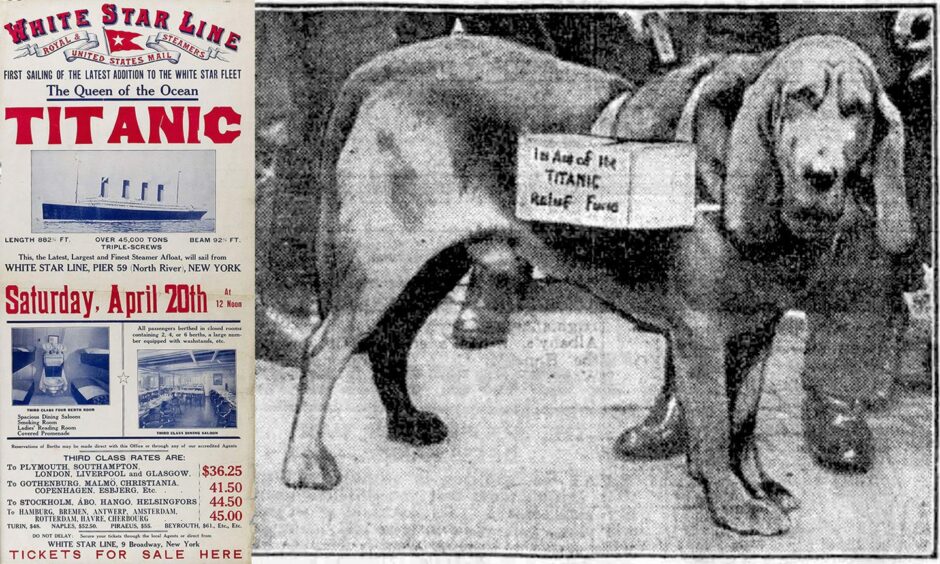
Dundonians fought back tears and dug deep to help bereaved families and survivors as the full horror of the Titanic disaster became clear.
The Courier, along with newspapers the world over, trumpeted its departure on its maiden voyage from Southampton to New York, carrying more than 2,000 passengers.
‘Practically unsinkable’ was the verdict of shipping journals.
Five days later, the headlines were very different.
Initially it was thought that the liner was safe after hitting the iceberg on April 14/15 1912, before the grim reality of what happened started to filter through.
The “most appalling disaster in maritime history” was how the Evening Telegraph described the events as the round-the-clock vigil for news of life or death ensued.
None of the ships that picked up distress signals from Titanic could reach her before she was gone and just over 700 people lived to tell the tale.
By Wednesday, the full extent of the disaster was evident, and the panicked, last messages of the sinking liner were revealed on the Tele’s front page.
Always keen for a Dundee angle…
A Telegraph and Post reporter also spoke to a Dundee whaler, who told of an incident in which he and his crew narrowly avoided being crushed by two icebergs.
“It was an unforgettable incident, and I fully realise what the Titanic must have experienced,” he said.
The wide-ranging and in-depth coverage of the tragedy considered the perils of navigating ships through an Atlantic littered with icebergs, raised questions over the
Titanic’s insurance, and included a detailed history and lavish descriptions of the vessel.
A charity to help the widows and orphans of those killed was set up in Southampton and, in London, the RMS Titanic Relief Fund was inaugurated by the Lord Mayor.
There was nobody from Dundee on the Titanic when it went down but reactions first manifested themselves in memorial services and sermons at local churches.
At the Unitarian Church in Constitution Road on April 20, the Reverend Henry Williamson gave a lecture entitled: “The Titanic – What about the Drowned?”
Dundee benefit concert after Titanic sinking
Perhaps the most notable local reaction came in the form of events to raise money for the victims of the wreck, which included a benefit concert at the King’s Theatre.
There was a choir of 50 voices on stage with full orchestral accompaniment and the organ was supplied by well-known Dundee music shop Messrs Patterson & Sons.
Among the music performed was an overture by Luigi Cherubini, songs by Charles Gounod, Handel’s Largo and a song entitled The Sailor’s Grave.
The whole audience reverently sang Nearer My God to Thee, which the eight-man Titanic band played just before the ship sunk to the depths of the sea.
Earlier in the afternoon a large crowd attended a military concert in Dudhope Park.
Both fundraising events were organised by the Amalgamated Union of Musicians in aid of the widows and children of the Titanic band who went down with the ship.
More than £60 was raised from both concerts following a silver collection.
Donations could be made at the Town Hall for relatives of the victims while Pedro the bloodhound collected £14 after going round public places carrying a charity tin.
The Courier said Pedro “caused no little stir in the restaurants”.
Stories of loss, rescues and survival from the Titanic disaster fascinated people in Dundee with newsreels and films about the tragedy being shown in movie theatres.
Dundee Man Lost at Sea author Derek J Byrne said: “So in spite of there being no direct connection between Dundee and Titanic there was plenty of opportunity for the average Dundonian to make a connection with the sinking.
“A lot of fundraising was done in the Dundee area and Lord Provost Urquhart decided to forward all subscriptions given on behalf of sufferers to the Lord Mayor’s Fund in London, which raised a total of £412,000 throughout Britain.
“That’s the equivalent of about £45 million today.
“It is 111 years since the tragedy but the drama incorporating its moral, social and human elements combine to make it a timeless story.
“At the turn of the 20th Century, religion, which up until that time held sway with most people, was being challenged by science.
“Conventional wisdom of 1912 thought the Titanic unsinkable.
“So here was science and technology challenging nature and, by implication, God.
“The disaster became a strong wake-up call against human’s blind faith in technology and this is the root for the timeless interest in the Titanic tragedy.”
Dundee woman stood to inherit a fortune
Some 16 years after the disaster, it emerged that a Dundee woman was set to find a rare piece of fortune amid the tragedy.
Mrs Burns, of Main Street, was set to inherit around £250,000 from a distant relative who died aboard the Titanic.
In a bizarre twist, the immediate heir to the money also perished in a ship disaster not far from the resting ground of the Titanic.
In today’s money, the amount of cash Mrs Burns was to inherit equates to more than £25 million.
The city has many other links to the disaster, including seaman David “Davy” Blair, who was due to serve on the Titanic before a change in crewing lists at the last minute.
Born in Broughty Ferry, Dundee, it’s thought he was given such short notice that he accidentally kept a key to the storage locker that contained binoculars meant to be used by the crow’s nest lookout.
He certainly wanted to be on board — Blair wrote a postcard home, saying: “This is a magnificent ship, and I feel very disappointed I am not to make her first voyage.”
Blair has long been labelled as the man who unwittingly helped to sink Titanic but there were four or five pairs of binoculars on board Titanic during the voyage.
Californian was embroiled in controversy
Then there was the SS Californian, which was the largest ship ever built in Dundee and which became another Titanic scapegoat after being blamed for not going to its rescue.
She was constructed at the Caledon shipyard and was going to Boston on the fateful night of April 14 1912 and was nearest to the Titanic when it hit the iceberg.
Stopped in ice, the crew on watch saw a ship’s mast lights and rockets exploding overhead and woke Captain Stanley Lord to tell him what was going on.
However, the Californian stayed where she was all night and we will never know if she might have saved lives if she had reacted to the distress signals.
It was left to another ship, the Carpathia, to come to the Titanic’s aid, manoeuvring around icebergs to get to the scene.
But by the time the Carpathia had arrived, the Titanic had sunk.
It would be more than 70 years before her wreck was found, split in two at the bottom of the sea, and even now there are as many questions as answers about why she sank.
We do know that the magnificent passenger liner hit an iceberg the night before, on her maiden voyage, and that she didn’t have enough lifeboats for everyone on board.
But there has always been doubt about some events, claims and counter-claims, and perhaps we’ll never know every detail for sure.
The ship’s beginnings, though, and tragic ending are the stuff of legend.
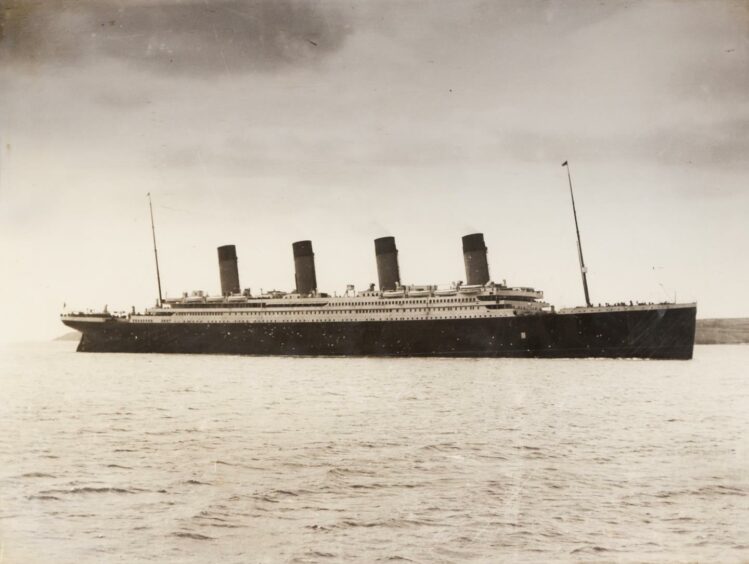
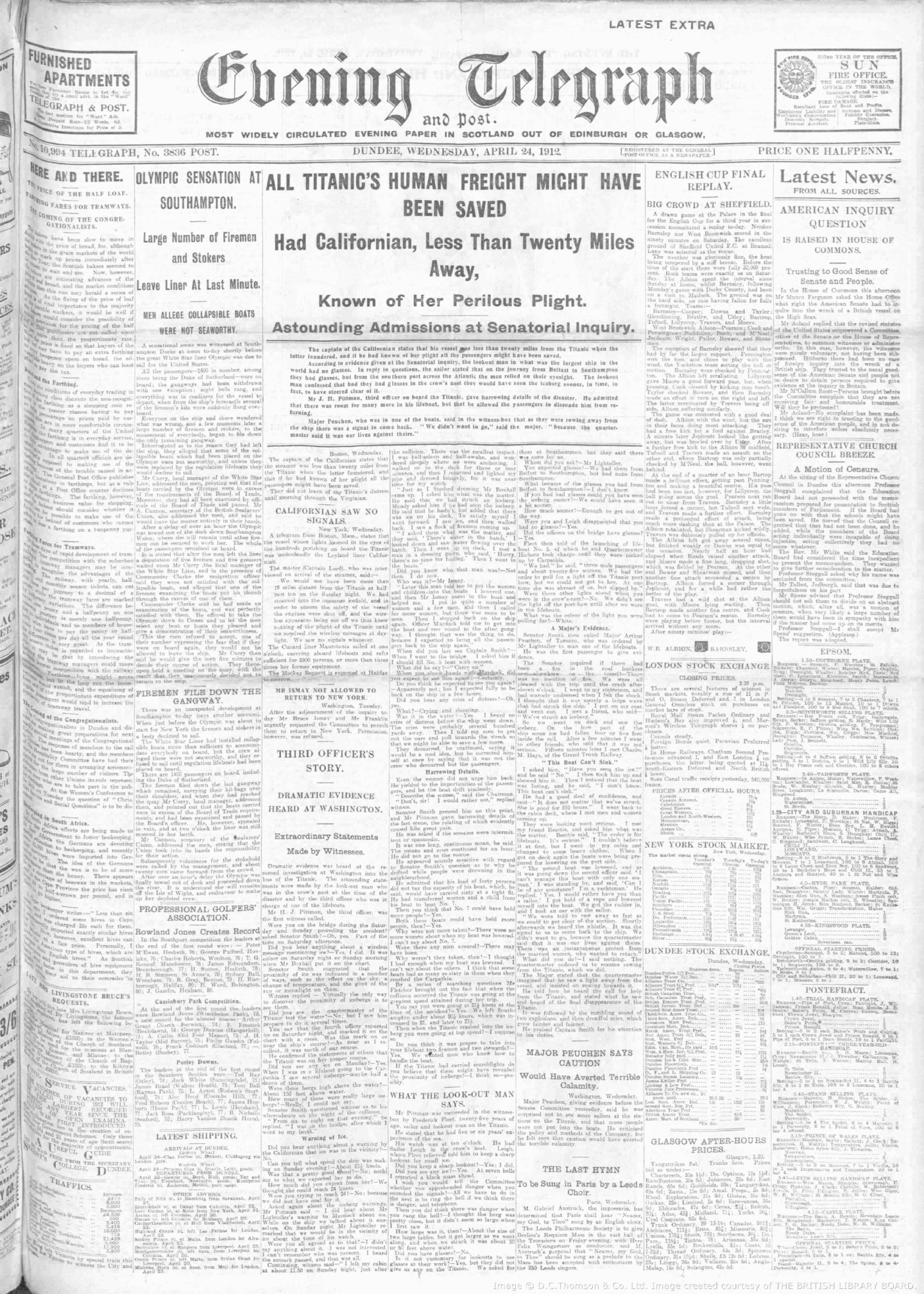
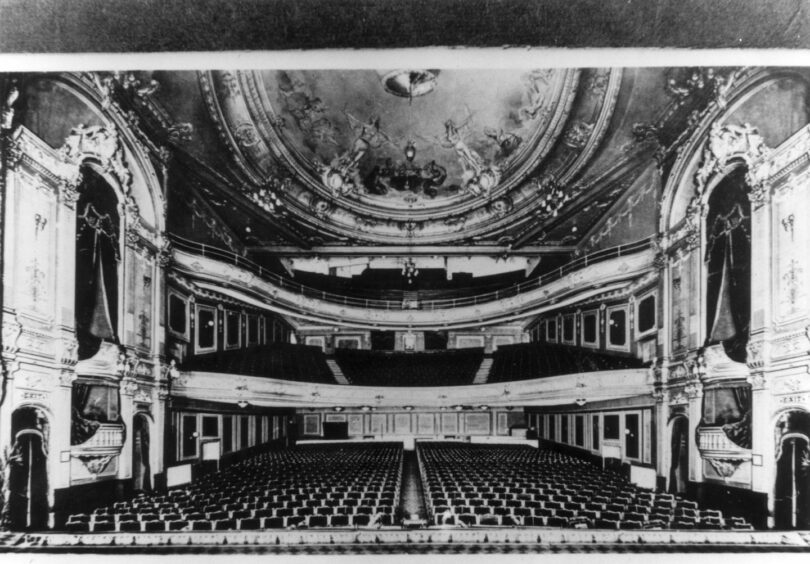
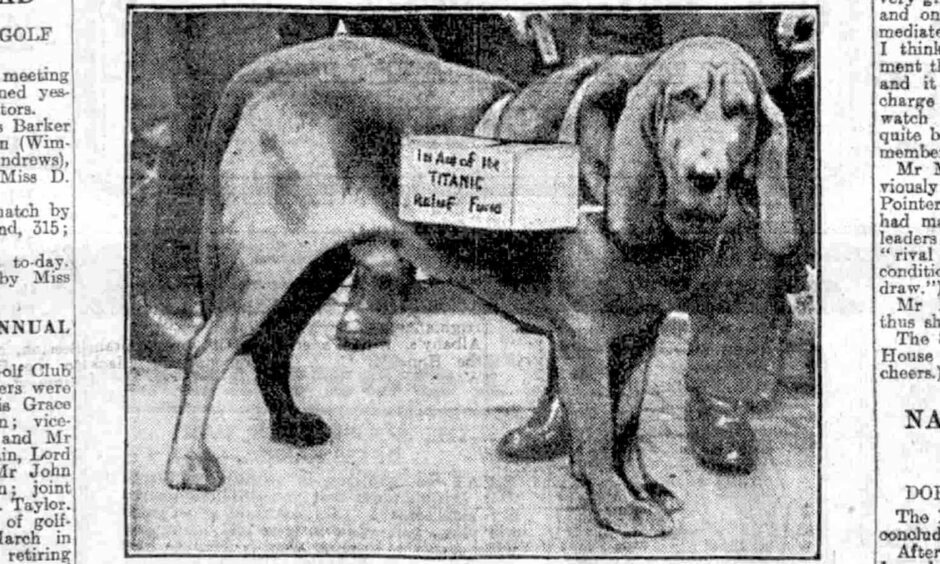
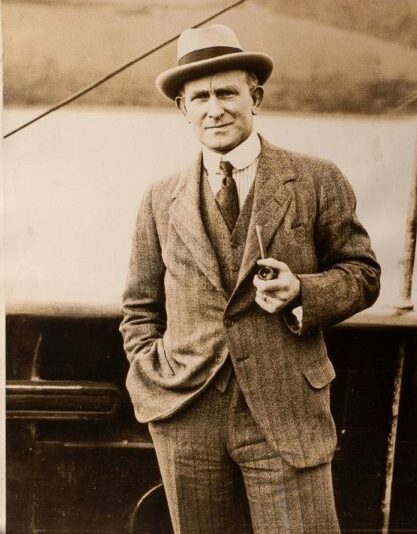
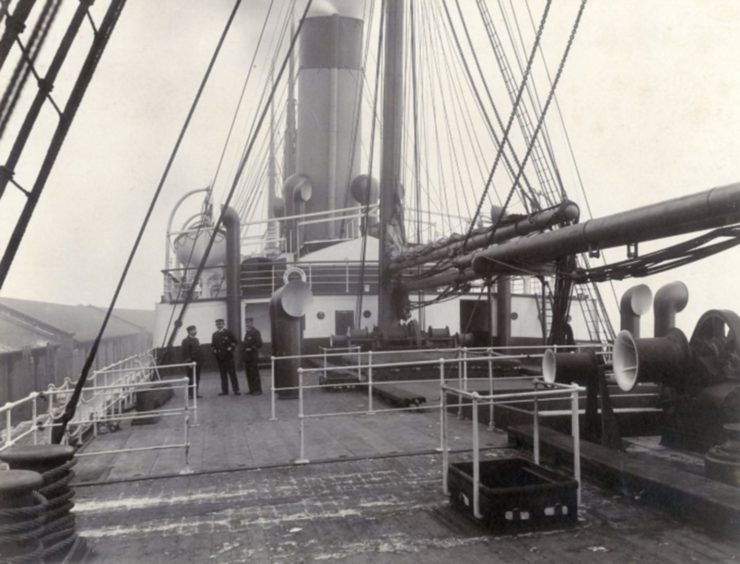
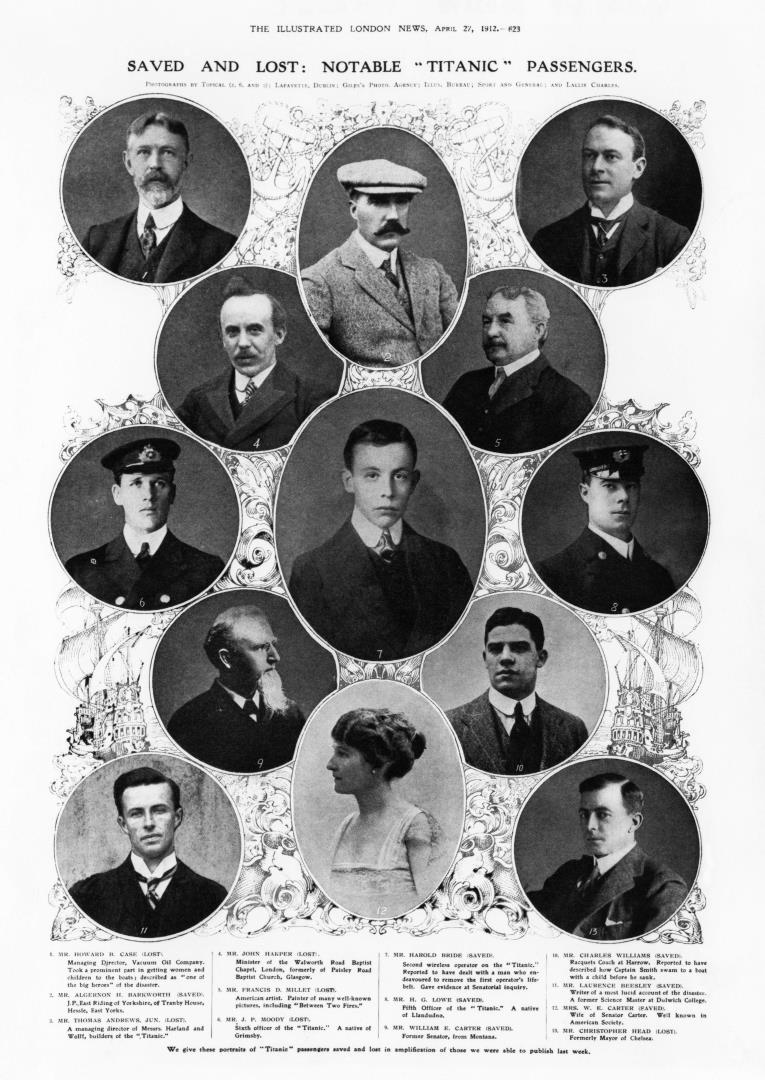






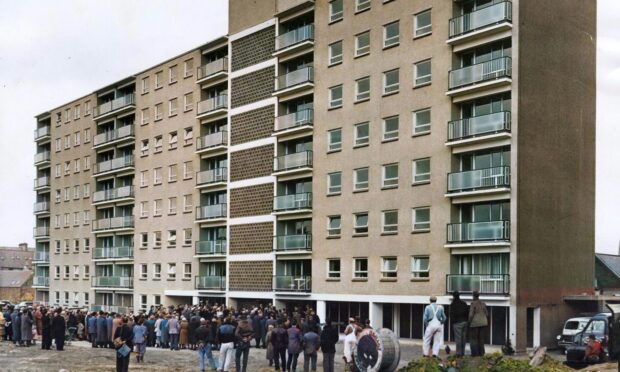

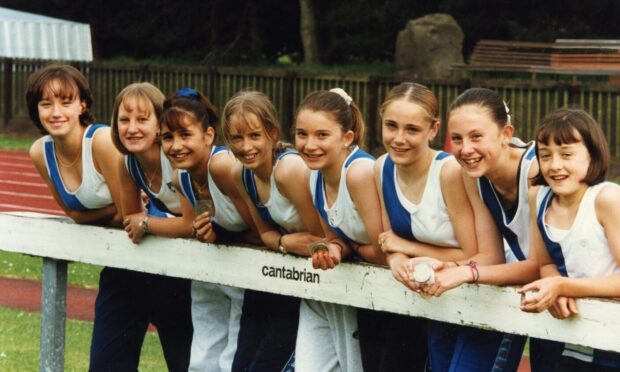
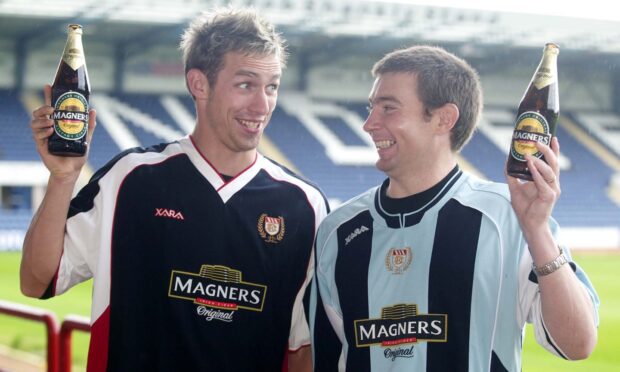
Conversation